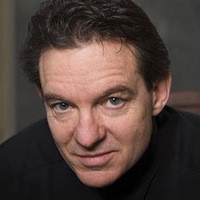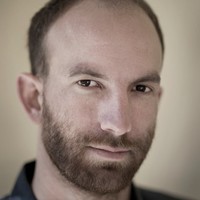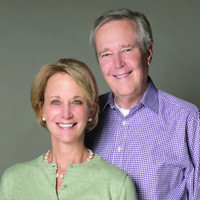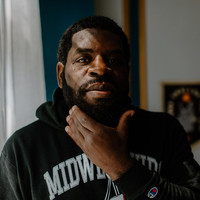Lawrence Wright is an author, screenwriter, playwright, and a staff writer for The New Yorker.
”There’s nothing more important about a person than their story. In a way, that’s who we are. And yet, memories fade and people die. So those stories disappear and the job of the journalist is to go out before that happens and accumulate the kinds of stories that are going to help us understand who we are, why we are, where we are right now in time, and try to thread those stories into a coherent narrative. In a way, you give it a kind of immortality. And that’s a big job. It’s a great privilege.”







